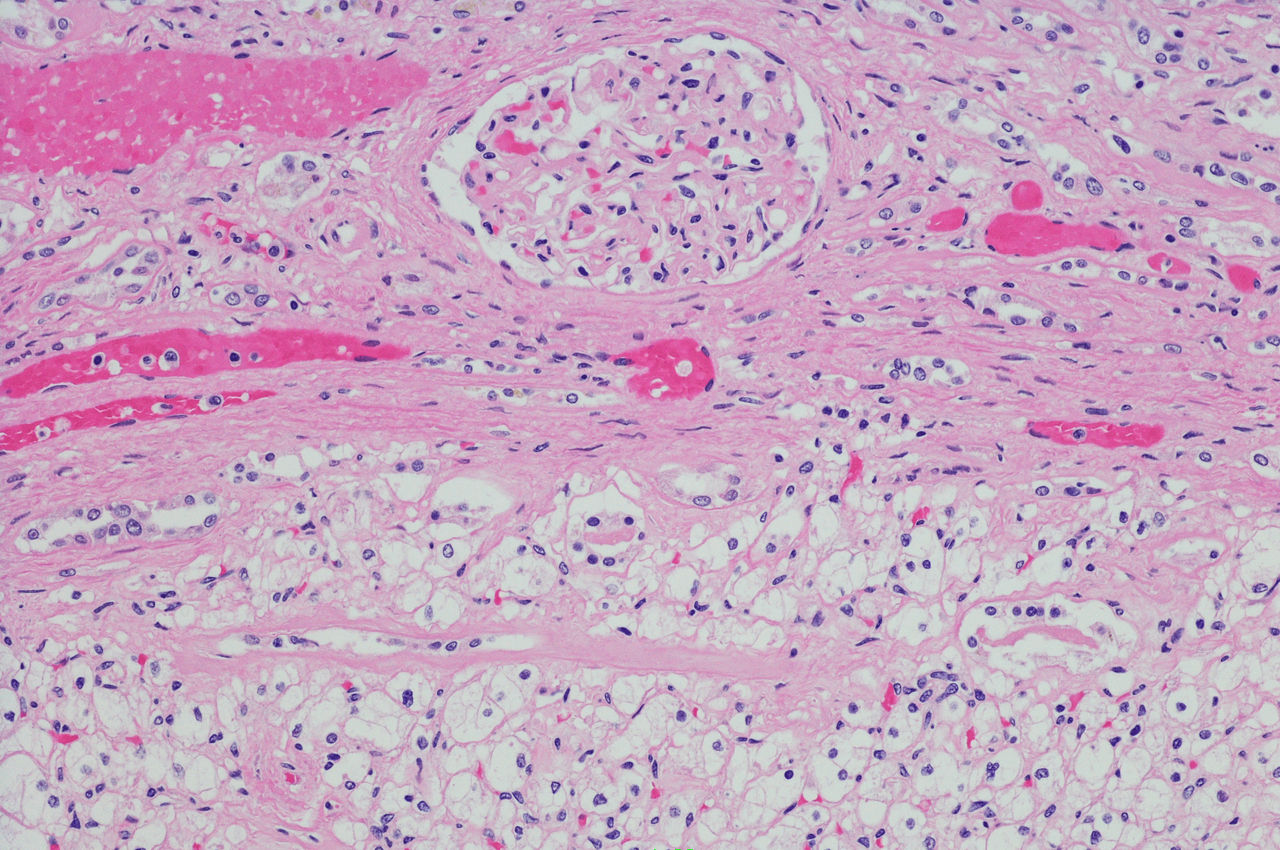When Your Kidney Cancer Is Newly Diagnosed

Being told you have kidney cancer can be scary, and you may have many questions. But you have people on your healthcare team to help.
What is kidney cancer?
The kidneys are a pair of bean-shaped organs, each about the size of a fist. One lies to the right of your backbone, attached to the upper back wall of your abdomen. The other lies on the left side.
The kidneys filter out extra water, salt, and waste products from your blood, collecting them as urine, which then leaves your body. You don’t actually need two kidneys, which is why it is possible to donate a kidney to help someone else. People with no functioning kidney can survive if they undergo dialysis, in which a machine does the filtering.
YOU MIGHT ALSO LIKE: Common Questions About Kidney Cancer
Like most types of cancer, kidney cancer begins small and grows over time. If a growth spreads past the cancer, it tends to spread to the lymph nodes, lungs, bones, or liver. In some cases, kidney cancer can spread to your brain.
Kidney cancer is curable if it’s diagnosed and treated early. People with kidney cancer now have more treatment choices and more hope for survival than ever before.
Coping with fear
It’s normal to feel afraid. Learning about your cancer and treatment options can make you feel less afraid. This also helps you work with your healthcare team and make the best choices for your treatment. You can also ask to speak with a counselor.
Working with your healthcare team
Your healthcare providers will likely include:
- Urologist. This is a doctor who treats diseases of the kidney and urinary tract.
- Medical oncologist. This doctor specializes in treating cancer with chemotherapy and other medicines.
- Radiation oncologist. This doctor specializes in treating cancer with radiation.
Your healthcare providers will answer questions you may have. They’ll help you through each step you’ll take before, during, and after treatment. Your team will let you know what tests you need and the results of those tests. They’ll guide you in making treatment decisions and help prepare you and your loved ones for what’s ahead.
Learning about treatment options
To decide the best course of treatment for you, your healthcare team needs to know as much as possible about your cancer. This may involve getting tests and working with more than one doctor or other type of healthcare professional. You may decide that you want to get a second opinion to help you choose a treatment.
Treatment of kidney cancer can include surgery, targeted therapy, immunotherapy, and a combination of those treatments. You may receive radiation and chemotherapy.
Getting support
Coping with cancer can be very stressful. Most cancer treatment centers employ experienced counsellors and provide information about cancer support groups. Don’t hesitate to ask for the help you need.
Updated:
March 17, 2023
Reviewed By:
Janet O'Dell, RN